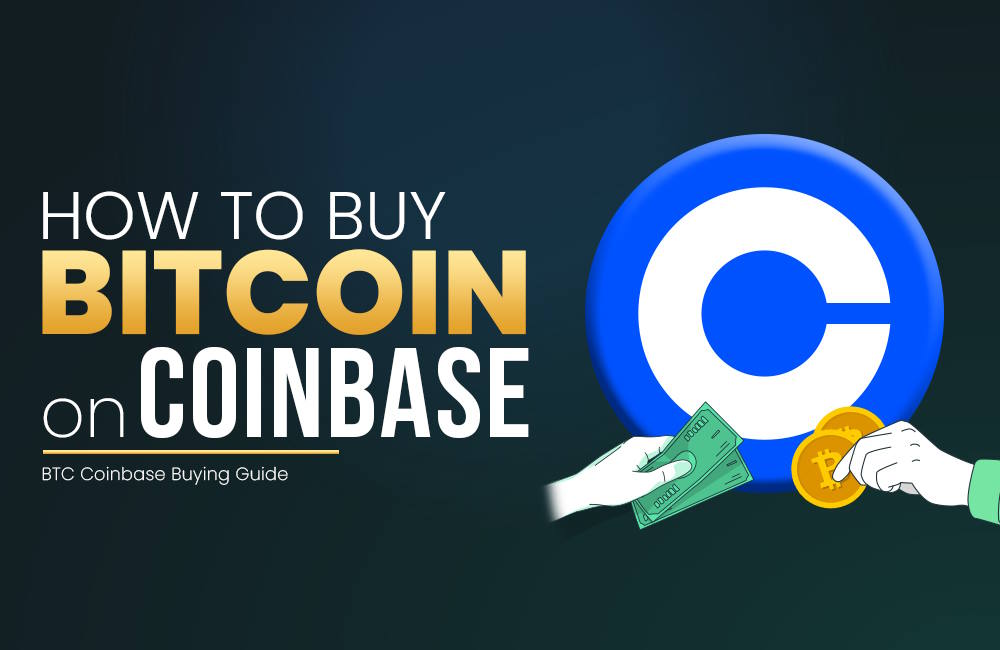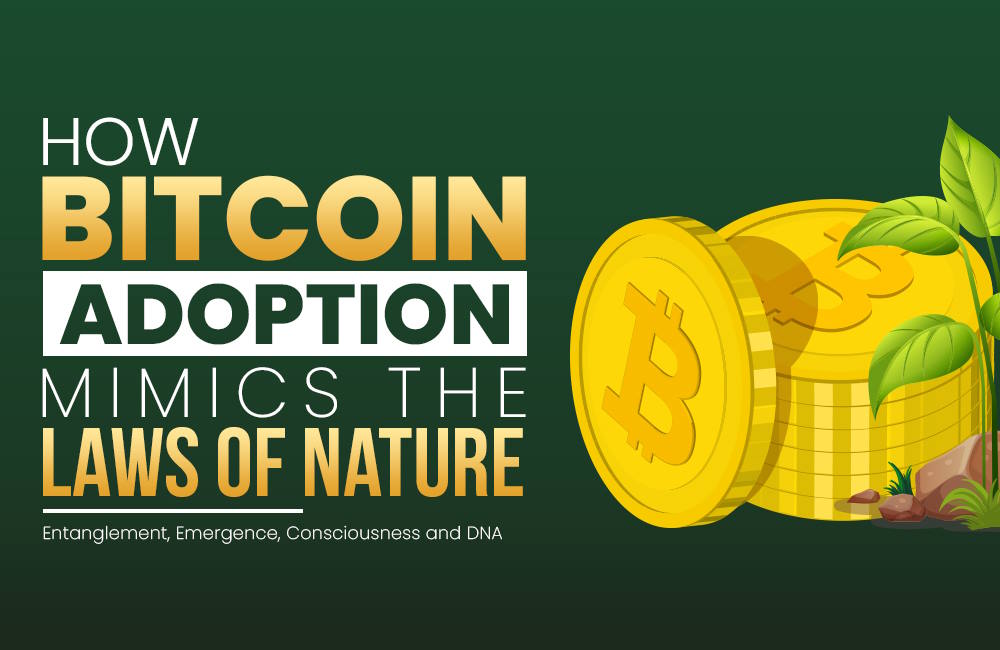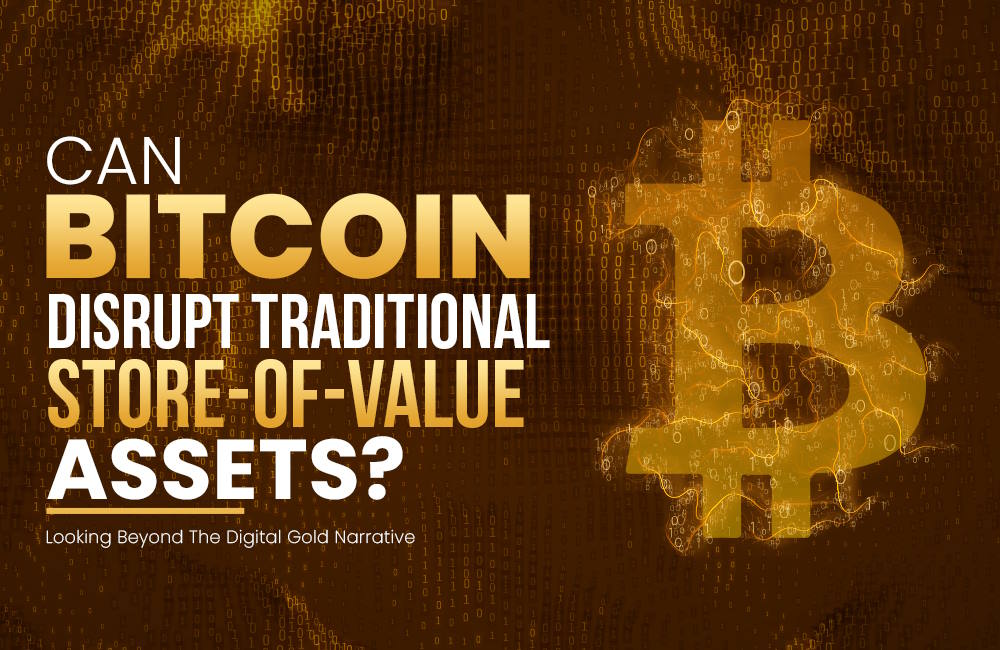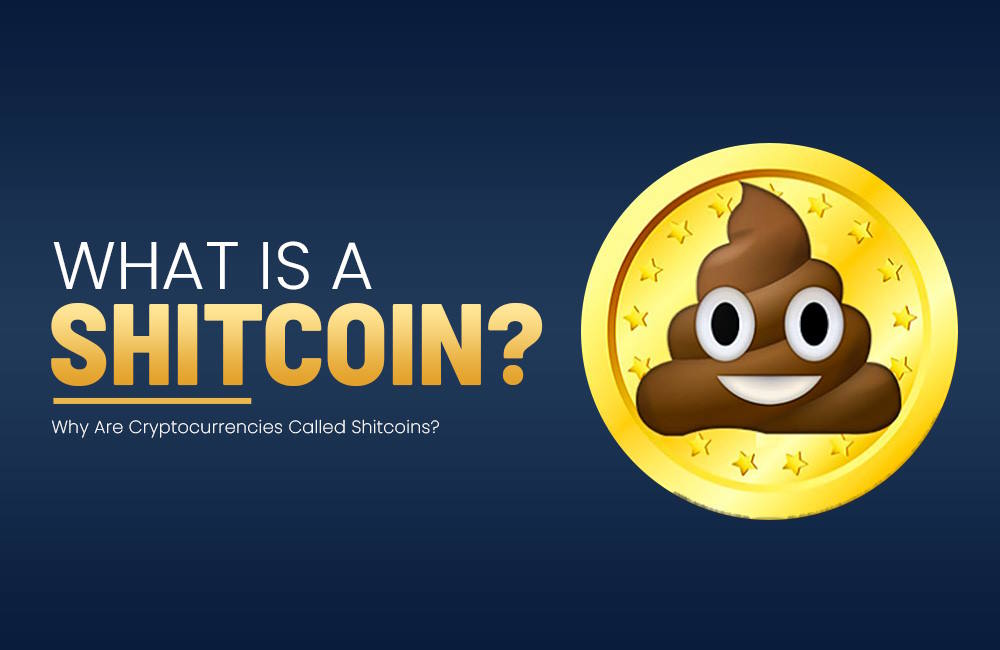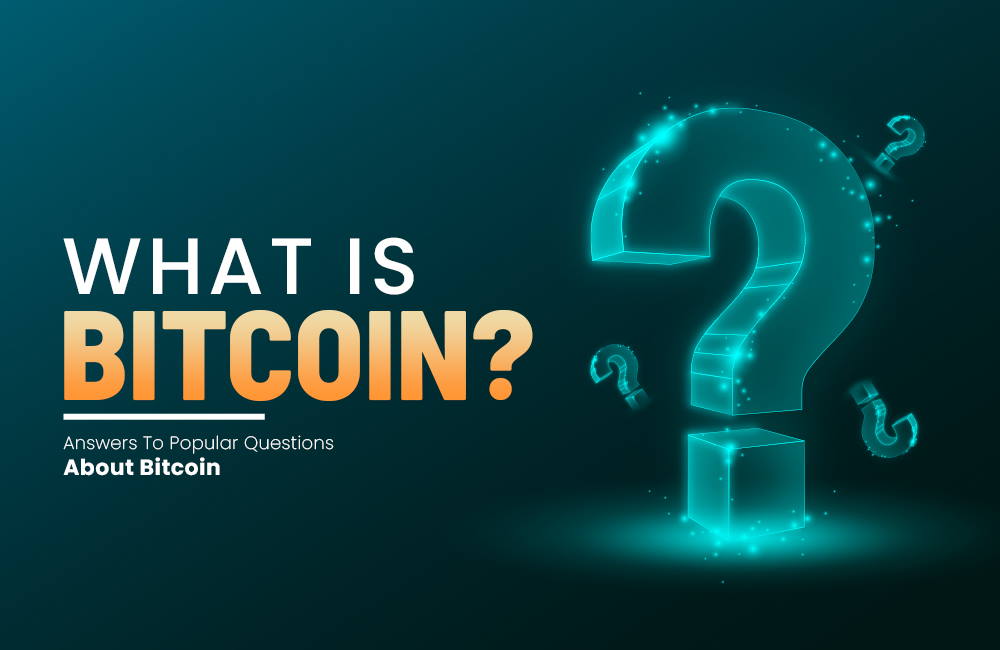
What we're talking about:
What Is Bitcoin?
Bitcoin is a form of digital currency. In other words, it doesn’t exist in a physical form as it is a free software project. It is designed as a peer-to-peer (or person-to-person) network, eliminating the need for central authorities such as banks and governments to mediate or validate transactions. It is public, secure and fully uncensorable.
The absence of a regulatory authority means there is no need for account numbers, names or any identifying feature. All Bitcoin owners have the option to perform their transactions in an anonymous way and can send and receive money anywhere and anytime without consulting a bank or money transfer service.
To protect it from inflation, the design of Bitcoin allows for the production of only 21 million coins. The price of Bitcoin (...) is solely determined by the forces of supply and demand.
Is Bitcoin a scam?
No, Bitcoin is not a scam, but there are many scams out there that you must be prepared for. Many scammers are out to take advantage of unsuspecting Bitcoin owners by deceiving them using various tricks. Just like what we already experienced with COVID-19 scams, scammers want to take your hard-earned money.
1. Free giveaways
Giveaway scams are a popular type of Bitcoin scam where fraudsters attempt to deceive a Bitcoin owner into believing they are dealing with a trusted entity such as a celebrity or an exchange. These scams are perpetrated on social media platforms via posts announcing promising free giveaways.
The catch here is that to benefit from the giveaway, you must first send a certain amount of Bitcoin to a giveaway address. Other times, the instruction might be to click on a link to benefit from the giveaway, which may lead to the installation of malware.
Any time you come across a post or advert on any social media platform that announces a free giveaway but on the condition that you have to send some Bitcoin to qualify or to click on a link to verify your identity, it’s likely fraudsters trying to scam you.
2. Free exchanges
Free exchanges are another type of Bitcoin scam, and it usually involves the scammer posing as an exchange but with various tricks to deceive. This type of scam can come in various ways. One of them is the offer of free coins on the condition that you provide your personal information as part of their Know Your Customer (KYC) program. Your information can then be used to steal your Bitcoin. Always verify that the exchange is legit before interacting with them.
Other times, criminals may try to appear to be branches or affiliates of legitimate Bitcoin institutions. To verify if an organization is affiliated with any reputable crypto platform, always check the platform’s website. There should be a link from the platform to the affiliate.
Another way to spot a free exchange scam is by guaranteed rates of return. As stated earlier, the price of Bitcoin is subject to the influence of buying and selling, which makes it impossible to forecast its future value. If any exchange promises guaranteed returns, you are likely dealing with scammers.
3. Phishing emails
Phishing scams have been around for some time, but they are still a major type of Bitcoin scam today. Bitcoin phishing scams target information relating to online wallets. In other words, the scammer is interested in your crypto wallet’s private keys, which are the keys needed to access your Bitcoin address.
The format is pretty straightforward. The scammer will send unsolicited emails with malicious links to a fake website and then ask you to click the link and enter your unique private key. To avoid this scam, never enter secure information from an email link. No matter how legit the site looks, always directly type the URL in your browser to enter your information.
Can I hold Bitcoin in my hand?
The answer is both yes and no. Bitcoin is not a physical currency, so you cannot touch it or hold it in your hand. You may have seen images of Bitcoin portrayed by a gold coin with a ₿, but they are simply attempting to illustrate the virtual currency. Bitcoin only exists electronically as it is a stream of numbers and letters.
However, there are products that allow you to transfer Bitcoin onto them so you can physically give Bitcoin to another person. Opendime for example is a hardware wallet that allows you to load Bitcoin onto it. Once the desired amount of Bitcoin has been added, it then becomes a “Bitcoin bearer instrument” that can be handed off and traded multiple times.
Speaking of wallets, there are two kinds of them:
- Hot wallets: This refers to wallets that are connected to the internet. Some popular examples include mobile wallets (like Bitpay), web or online wallets (like Coinbase) and desktop wallets (like Bitcoin Core.)
- Cold wallets: These are wallets that are not connected to the internet. They are best if you plan to hold Bitcoin for a long time. An example is a paper wallet, which is simply a printout of your public and private keys on a piece of paper. Hardware wallets are another example.
Although Bitcoin is software, many people like to hold it for a long time. The reason is that it represents a reliable, long-term store of value in that its value cannot be manipulated by any political body or government.
Does Bitcoin have monetary value?
Yes, Bitcoin has monetary value because it is capable of performing the key functions of money. By principle, money must be limited in supply, portable, durable and widely accepted as a means of exchange. Bitcoin meets these criteria and lets us do what other forms of money cannot do.
Can Bitcoin be hacked?
No, it cannot be hacked. It is important to note that the Bitcoin blockchain has never been hacked. Its design makes it impossible to manipulate, corrupt or hack. Every transaction carried out on the network is recorded in a public ledger known as a blockchain. As the name indicates, the blockchain refers to blocks chained together. Each block is a separate record of information, which, when stored, cannot be altered. This makes the network tamper-proof.
Additionally, Bitcoin is built as a proof of work consensus system. In simple words, this requires that for any input to be made to the block, one has to show that some form of work has been carried out. The work here refers to solving complex mathematical problems that require a lot of computational power, thus making it very expensive for someone to try to attack or hack the network.
Furthermore, a key characteristic of the blockchain network is that it is decentralized, meaning that there is no single copy of the ledger as it is distributed to hundreds of thousands of computers on the network. This further strengthens the security of the network in that no government or organization can hack it, as that will require corrupting every computer on the network at the same time.
Although Bitcoin is perfectly secure, individuals and companies can fall victim to scams and unknowingly get hacked.
Wrap-up
Bitcoin is the world’s first decentralized digital currency. Because it operates a digital ledger known as blockchain, records of transactions are immutable. The blockchain is robust enough to withstand attacks and manipulations, making it impossible to hack or shut down. However, it’s important to safely store your Bitcoin in your wallet and never share your private keys. Keep in mind that Bitcoin is a vast subject, so don’t feel overwhelmed if you discover that there are many other things you don’t know. Just keep learning at your own pace.
What we're talking about:


